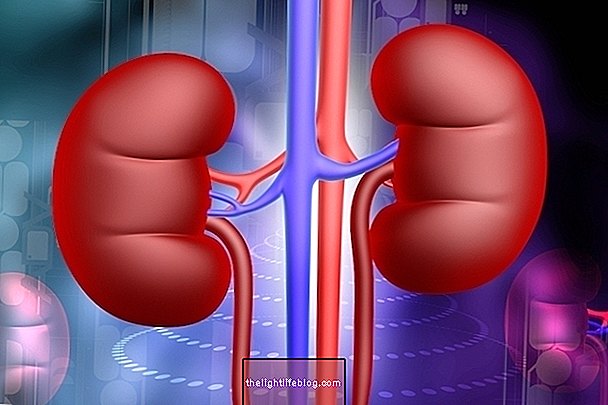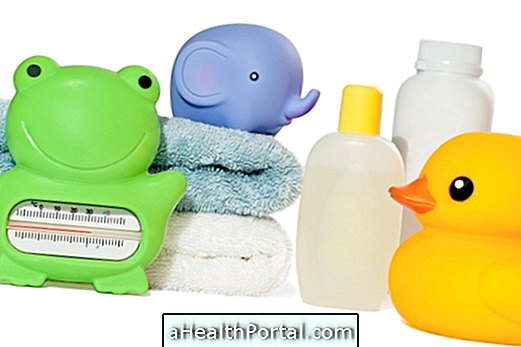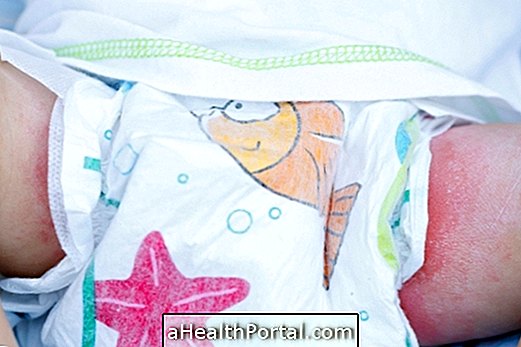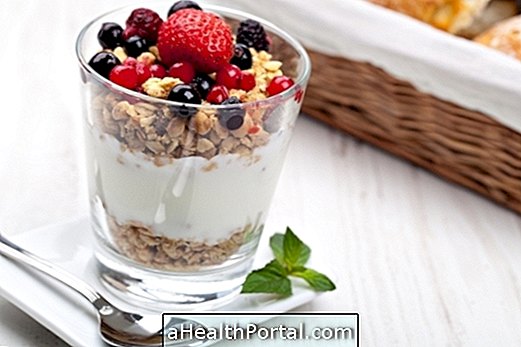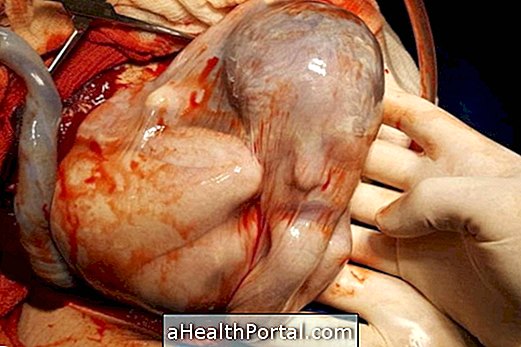To improve the production of breast milk, it is important for the woman who breastfeeds to drink 3 to 4 liters of fluids per day, to eat a balanced diet rich in fruits, vegetables and whole grains, and also to increase the frequency and duration of feedings, to stimulate the reflex of the hormone prolactin that increases the production of breast milk.
The more the baby suckles, the more milk the mother produces, so the mother should let her baby nurse as often as possible, 10 or more times, in a 24-hour period, whenever the baby wants to, even at night .
It is important to keep breastfeeding even in case of mastitis or bruised breast beak because baby sucking also helps to treat these situations. See: How to solve common breastfeeding problems.


5 Tips to Produce More Breast Milk
The following tips should be followed every day to ensure production of more than 500 ml of milk per day:
- Drinking water: Drinking 3 to 4 liters of liquids a day like water, juices and soups ensures a good milk production. One should always take 1 cup of water, tea or juice before breast feeding.
- Look at the baby: Watching the baby while he breastfeeds releases more hormones into the bloodstream and consequently increases milk production.
- Adequate food : Eat foods rich in water like gelatin and fruits like orange, melon and watermelon and also foods that provide enough energy like canjica, chestnut and cod.
- Relax: Rest whenever possible ensures that the body has energy for milk production. Take the time to sit in the nursing chair when you finish breastfeeding and avoid household chores. See good tips on: How to relax after childbirth to produce more milk.
- Extra Help: Taking a supplement called Silymarin, based on thistle, 3 to 5 times a day, can help produce more milk. Talk to your pediatrician about this possibility. Mint tea also helps produce more milk.
The woman may know that she is producing enough milk for the baby if the baby is gaining weight adequately. If the doctor thinks that the baby is not gaining enough weight in the doctor's visits to the pediatrician, he can guide the use of the bottle with milk adapted to complete breastfeeding or as a substitute.
The baby should breastfeed exclusively until the age of 6 months and although the mother may have to return to work before this recommendation, the baby can continue to take the mother's milk in the bottle if the mother takes the milk at home and at work and deliver to those who stay taking care of the baby. Here's how to ensure breastfeeding: How to keep breastfeeding after returning to work.








